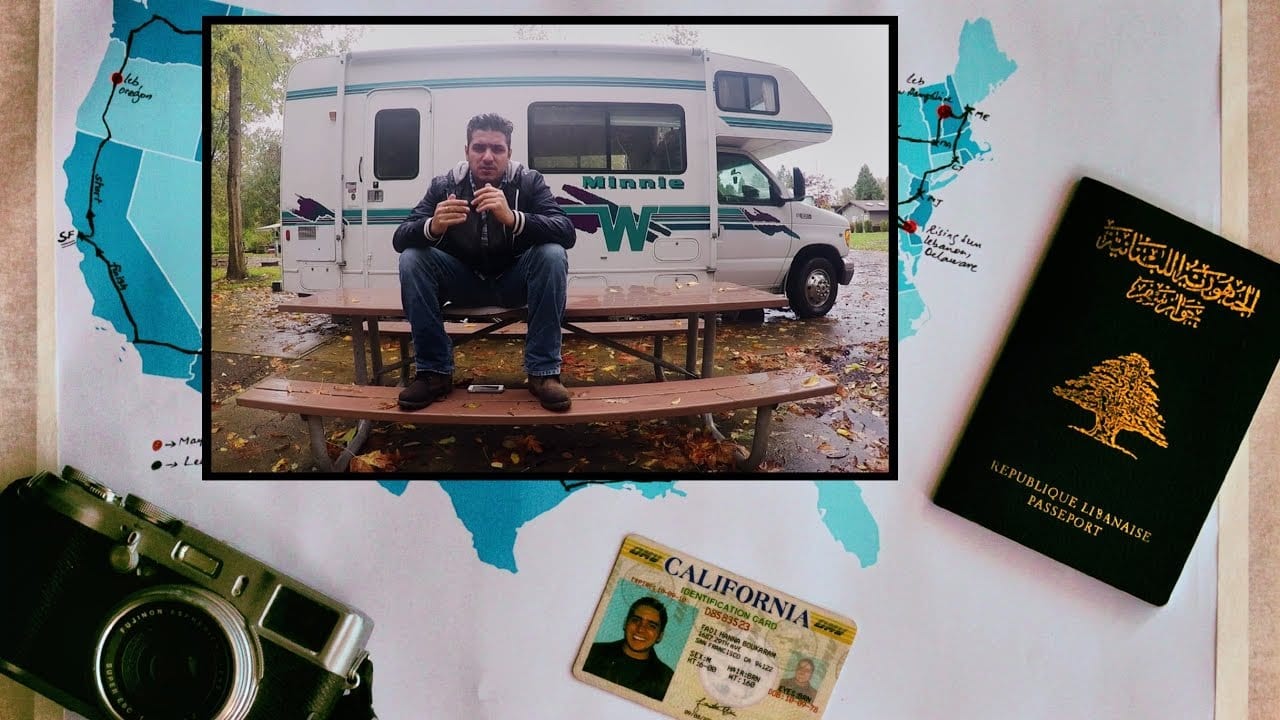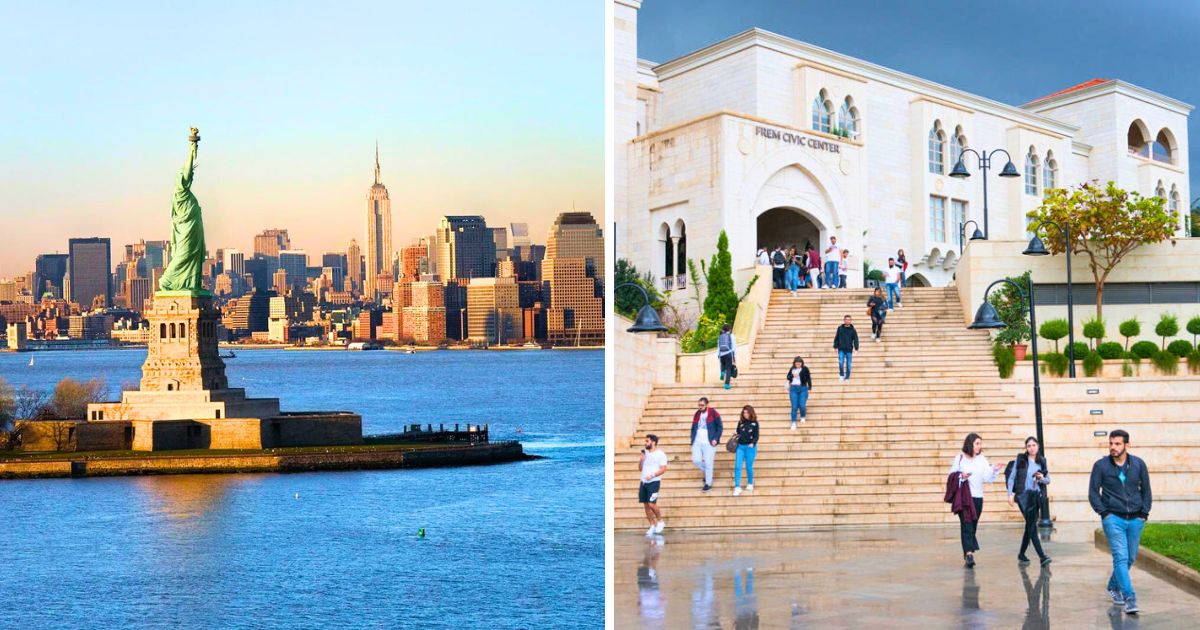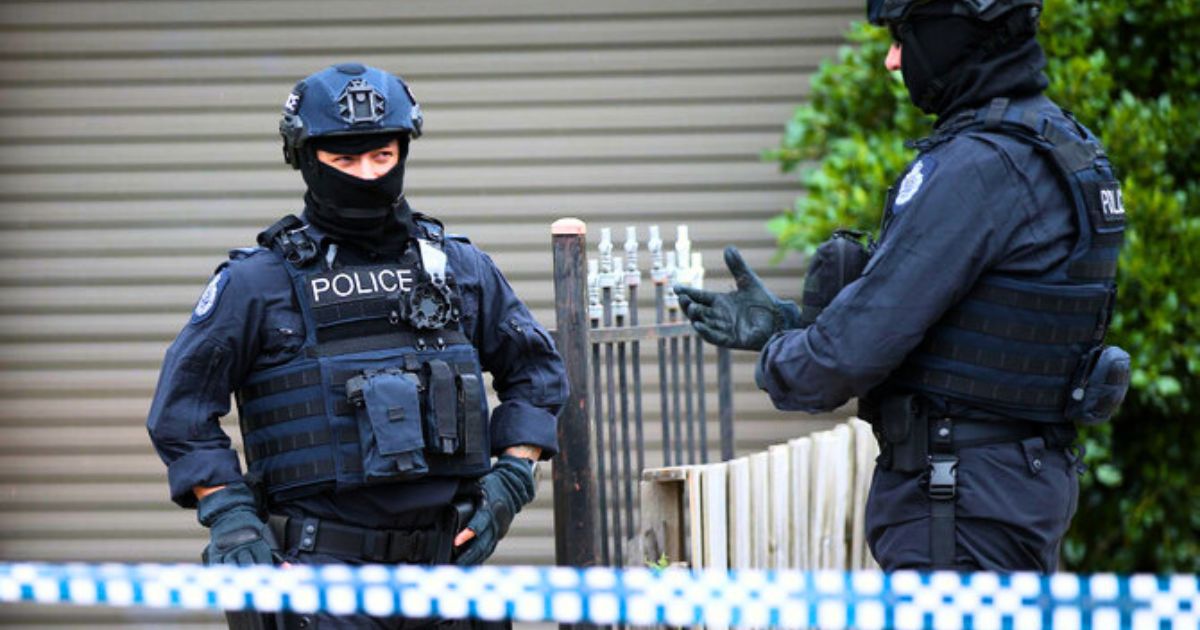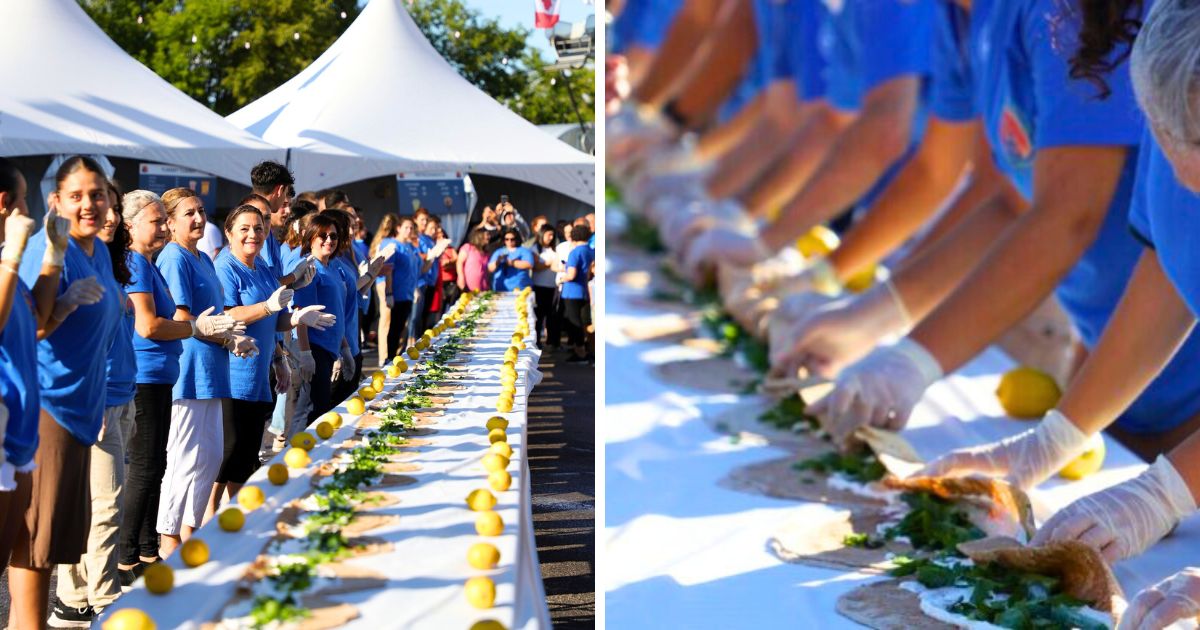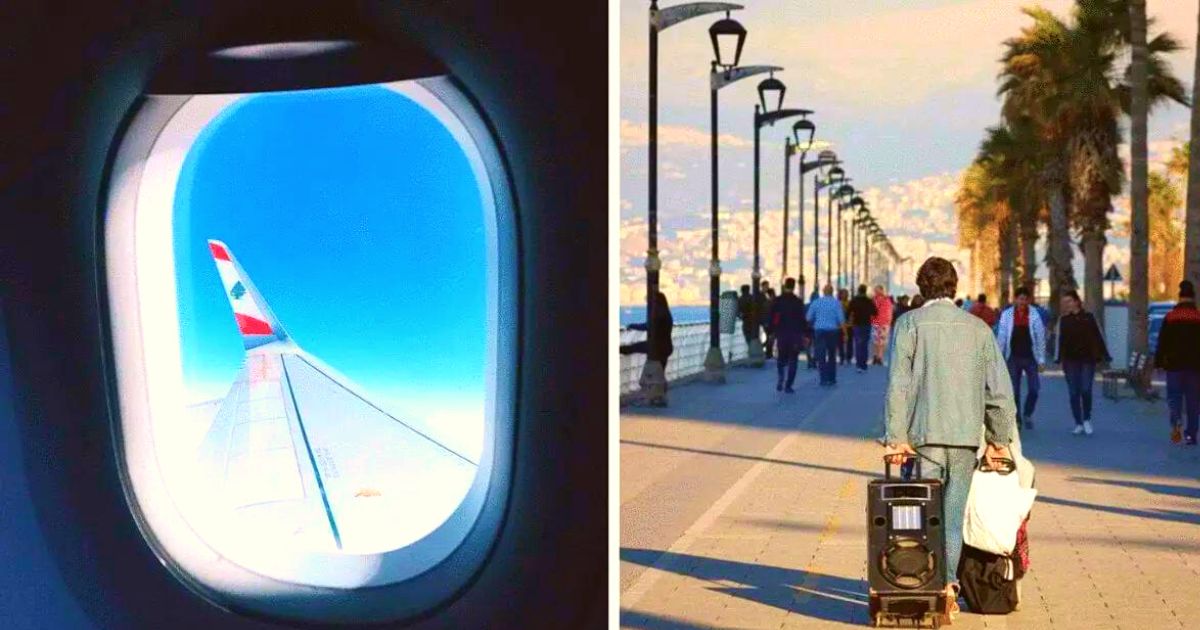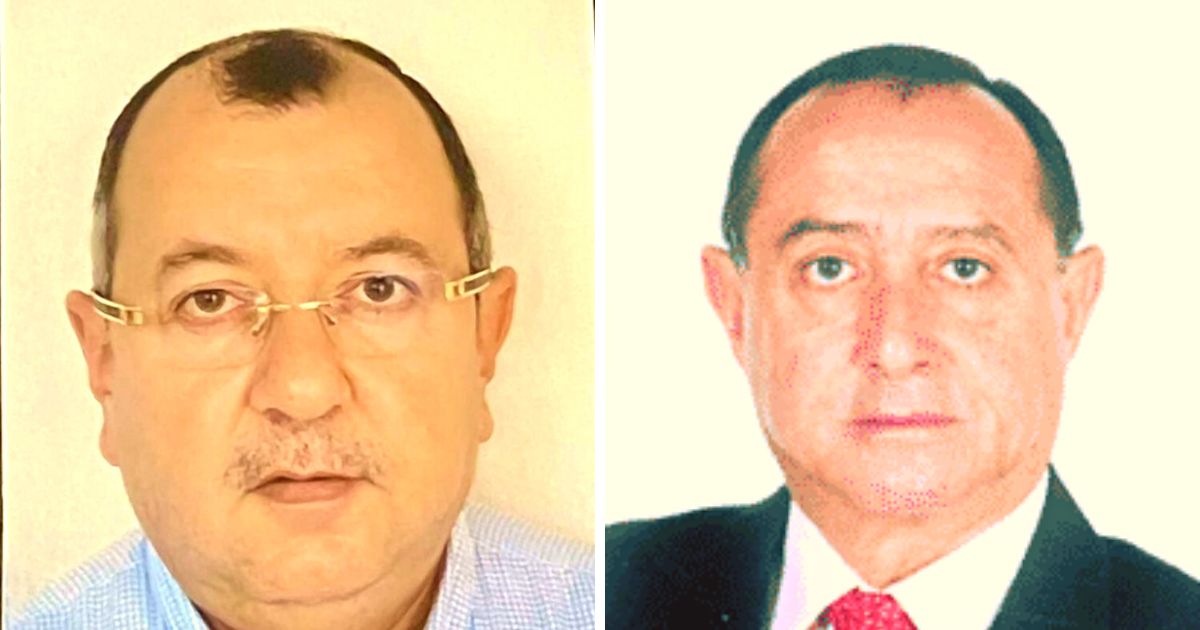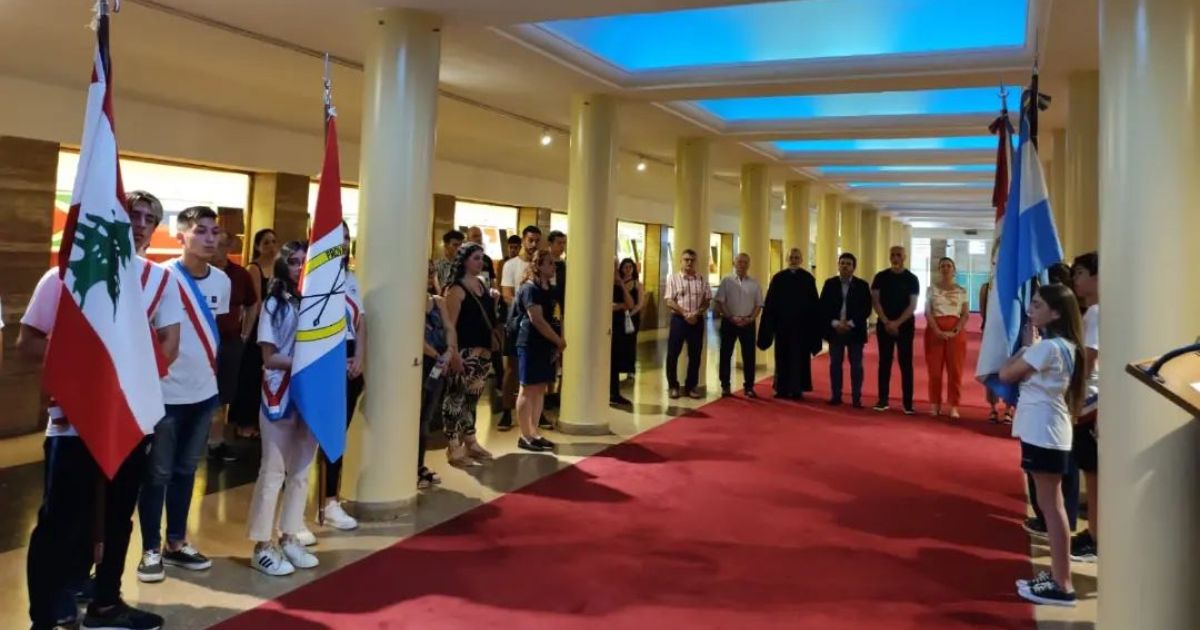In April 2005, Lebanese Fadi Boukaram got accepted into a state university in San Francisco. In August, he landed in the United States. Of course, he experienced culture shock and homesickness.
So he decided to type the word “Lebanon” in the search engine of Google Maps to look at the familiar roads of his country.
However, the search’s result was not what he expected at all. Instead of getting the country Lebanon, he got Lebanon, a city in Pennsylvania. Boukaram was surprised, so he decided to search more.
He found out that there are 47 places called “Lebanon” in America. These places are ghost towns, small communities, and cities.
When he had enough money and time to travel, he decided to go on a trip to visit all the Lebanons in the States. To make things easier, he programmed an algorithm to calculate the shortest way round.
The trip was not what Boukaram expected at all!
First, he did not meet at least one Lebanese person. Also, there were signs with Damascus Road written on them, just like the ones in Lebanon.
In addition to that, there was a game called Lebanopoly on sale!
So why are these places called Lebanon?
It all goes back to the times when the Puritans settled down in America in the 15th and 16th centuries.
Known to be extremely religious people, the Puritans named Lebanon any place that had trees. They associated trees with the cedar tree which is represented in the Bible as a symbol of strength and longevity.
The people living in the Lebanons knew about our Lebanon, especially the fact that we didn’t have a president for two years.
A journey to find 7 cedar trees sent from Lebanon
Camille Chamoun, a former president of Lebanon, offered cedar tree saplings to seven towns called Lebanon in America. These towns are located in Oregon, Nebraska, Indiana, Tennessee, Missouri, New Hampshire, and Ohio.
Boukaram wanted to find those trees. The imported saplings have been fumigated and put in a nursery. Unfortunately, only one managed to survive.
In the end, Boukaram said there’s one thing in common between these towns and Lebanon: Lebanese and American rural regions are very similar because people there are very welcoming. You can follow his journey on his Facebook page.
.
